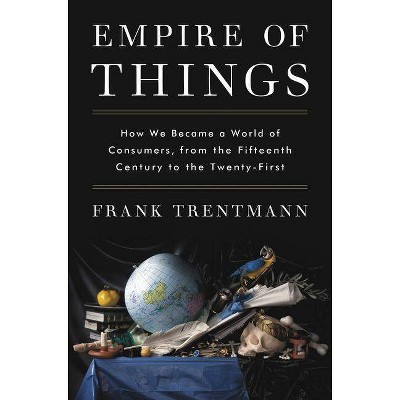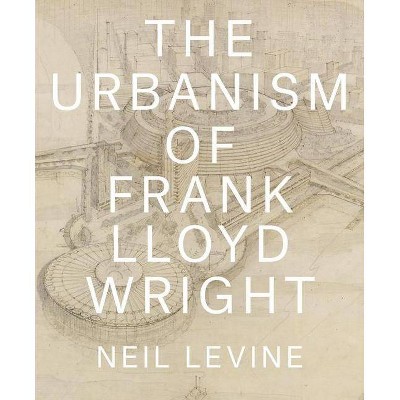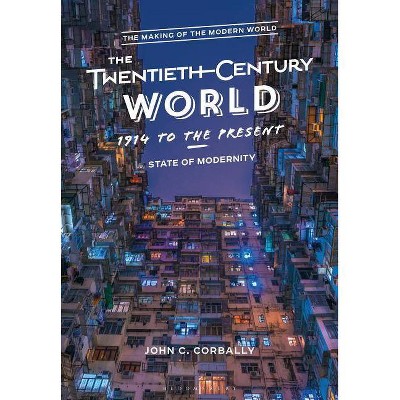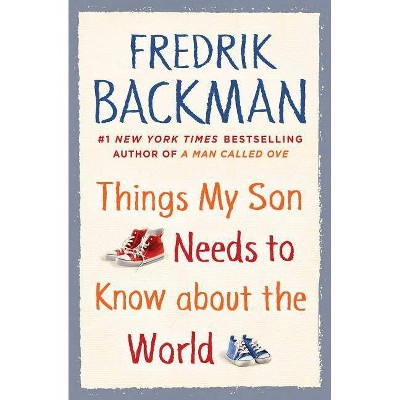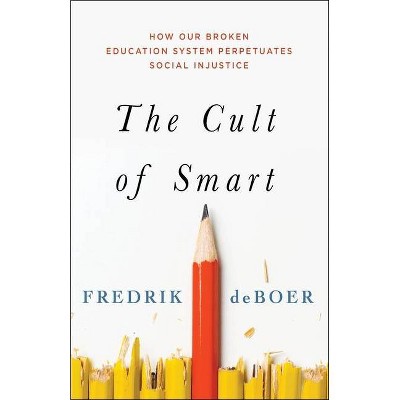Scarcity in the Modern World - by John Brewer & Neil Fromer & Fredrik Albritton Jonsson & Frank Trentmann (Hardcover)
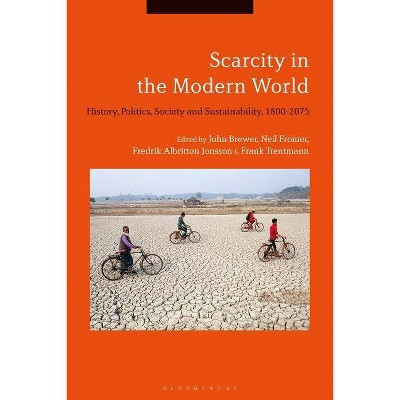
Similar Products
Products of same category from the store
AllProduct info
<p/><br></br><p><b> Book Synopsis </b></p></br></br><p><i>Scarcity in the Modern World </i>brings together world-renowned scholars to examine how concerns about the scarcity of environmental resources such as water, food, energy and materials have developed, and subsequently been managed, from the 18th to the 21st century. These multi-disciplinary contributions situate contemporary concerns about scarcity within their longer history, and address recent forecasts and debates surrounding the future scarcity of fossil fuels, renewable energy and water up to 2075. This book offers a fresh way of tackling the current challenge of meeting global needs in an increasingly resource-stressed environment. <p/>By bringing together scholars from a variety of academic disciplines, this volume provides an innovative multi-disciplinary perspective that corrects previous scholarship which has discussed scientific and cultural issues separately. In doing so, it recognizes that this challenge is complex and cannot be addressed by a single discipline, but requires a concerted effort to think about its political and social, as well as technical and economic dimensions. This volume is essential for all students and scholars of environmental and economic history.</p><p/><br></br><p><b> Review Quotes </b></p></br></br><br>"Scarcity is no longer just an axiom that governs the narrow world of modern economics; <i>Scarcity in the Modern World</i> reveals a socially, politically, and economically constructed condition in constant tension with the biophysical world. As the mantra of infinite growth in a finite world governs modern capitalism, scarcity threatens to have profound, if not devastating, effects on human life. Spanning cultures, continents, and academic disciplines, this timely anthology richly historicizes climate change and resource exhaustion, as well as proposes creative ways to conceptualize future solutions. This book serves as model for how interdisciplinary scholarship can productively address critical challenges facing humanity." --<i>Carl Wennerlind, Professor of European History, Barnard College, USA</i><br><p/><br></br><p><b> About the Author </b></p></br></br><p><b>John Brewer </b>is Eli and Edye Broad Professor in Humanities and Social Sciences at the California Institute of Technology, USA. <p/><b>Neil Fromer</b> is the Executive Director of the Resnick Institute at the California Institute of Technology, USA. <p/><b>Fredrik Albritton Jonsson</b> is Associate Professor of British History, Conceptual and Historical Studies of Science at the University of Chicago, USA. <p/><b>Frank Trentmann</b> is Professor of History at Birkbeck College, University of London, UK.</p>
Price History
Price Archive shows prices from various stores, lets you see history and find the cheapest. There is no actual sale on the website. For all support, inquiry and suggestion messages communication@pricearchive.us
